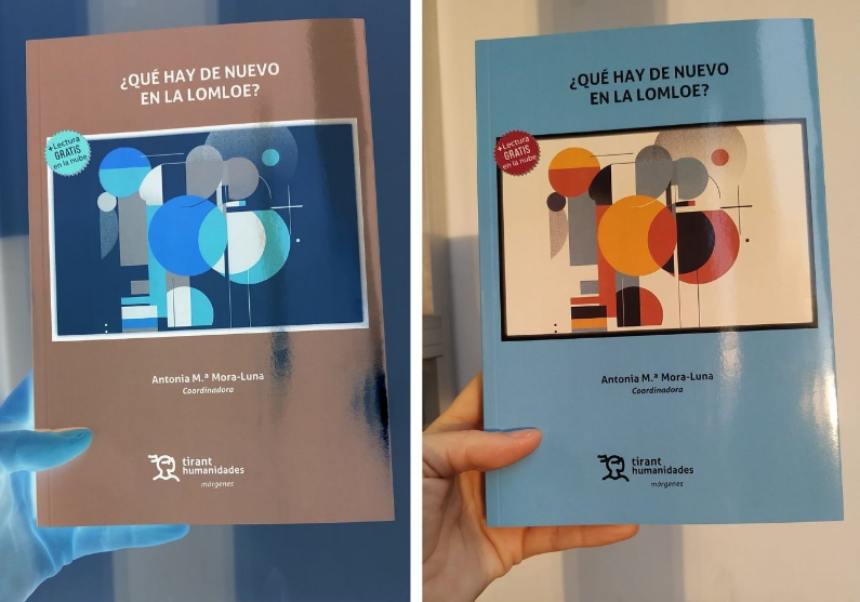
The various chapters in this volume address some of the most problematic aspects accompanying the current education law. These pages critically examine the innovations introduced by the legal text into the complex national educational reality, with the aim of assessing not only its relevance but also its effectiveness — in other words, to determine whether its implementation will successfully meet the challenges of contemporary society.
In Spain, since the Ley General de Educación y Financiamiento de la Reforma Educativa (LGE), enacted in 1970 under the Francoist government, was repealed in 1990, there have been eight organic education laws. Just as the LGE remained in force for several years after the arrival of democracy, the Ley Orgánica de Ordenación General del Sistema Educativo (LOGSE) of 1990 was largely implemented by the Partido Popular (PP) — despite their opposition to its approval, for which they submitted a complete amendment.
While it is true that the PP passed the Ley Orgánica de Calidad de la Educación (LOCE) in 2002, it is equally true that when the Partido Socialista Obrero Español (PSOE) returned to power in 2004, they halted its implementation and, two years later, passed the Ley Orgánica de Educación (LOE). This law was substantially amended at the PP's proposal in 2013 by the Organic Law for the Improvement of Educational Quality (LOMCE). The latter remained in force for seven more years until, in late 2020, the PSOE and its allies passed the LOMLOE, the eighth education law of Spanish democracy. This book is dedicated to the study of this latest law.
See the publication on the Tirant lo Blanch publisher's website.


